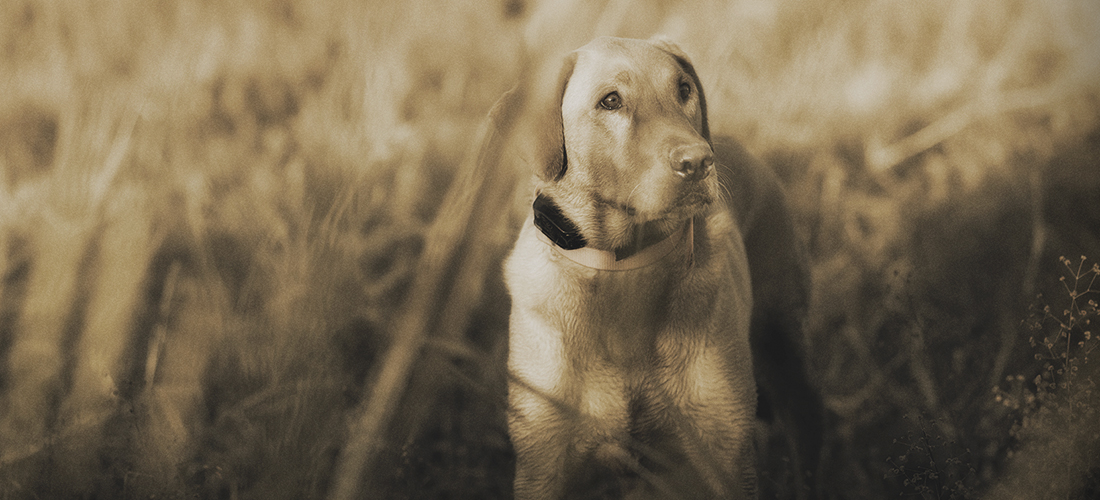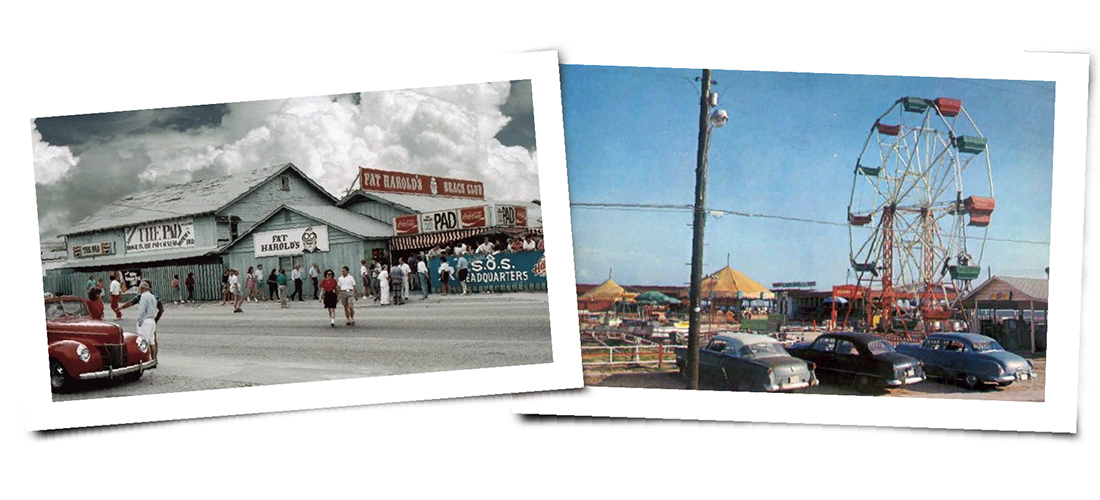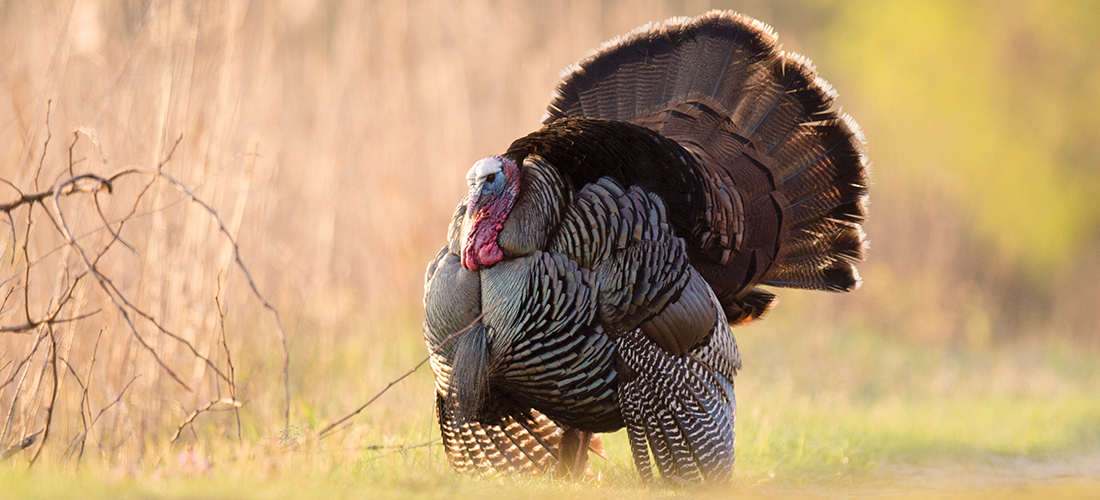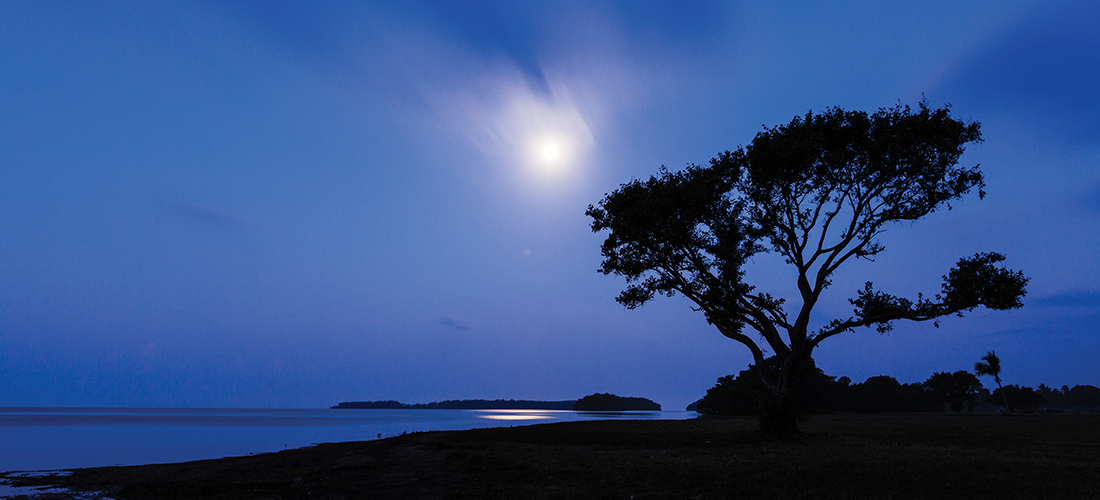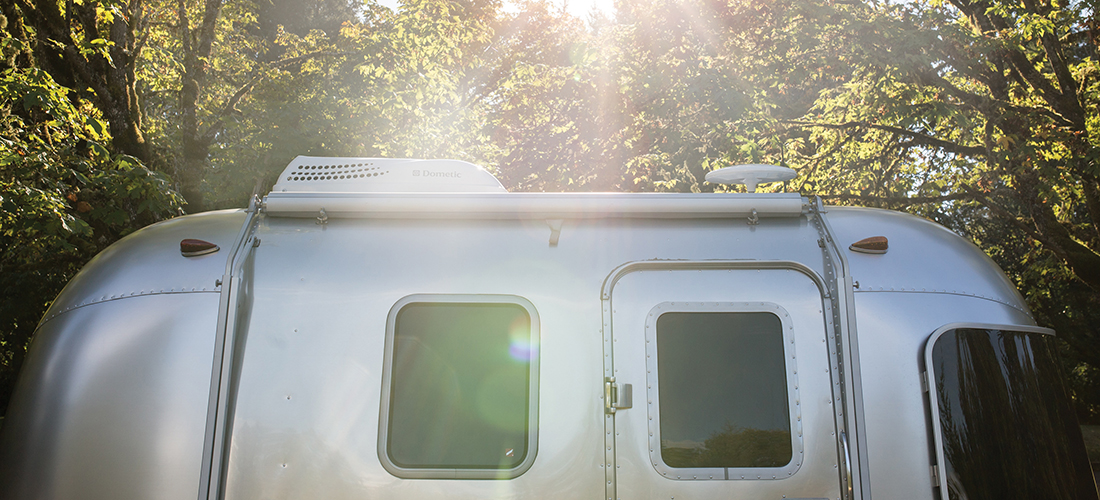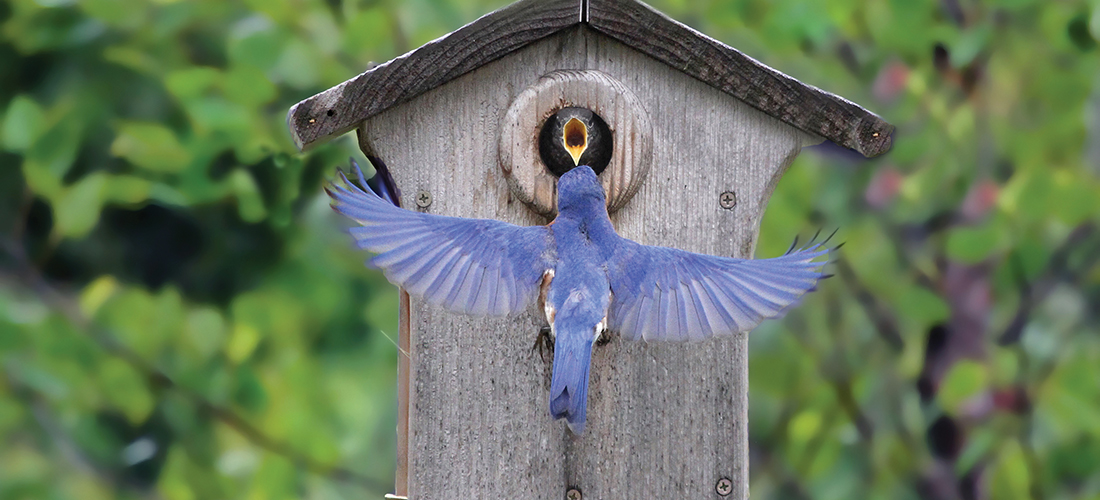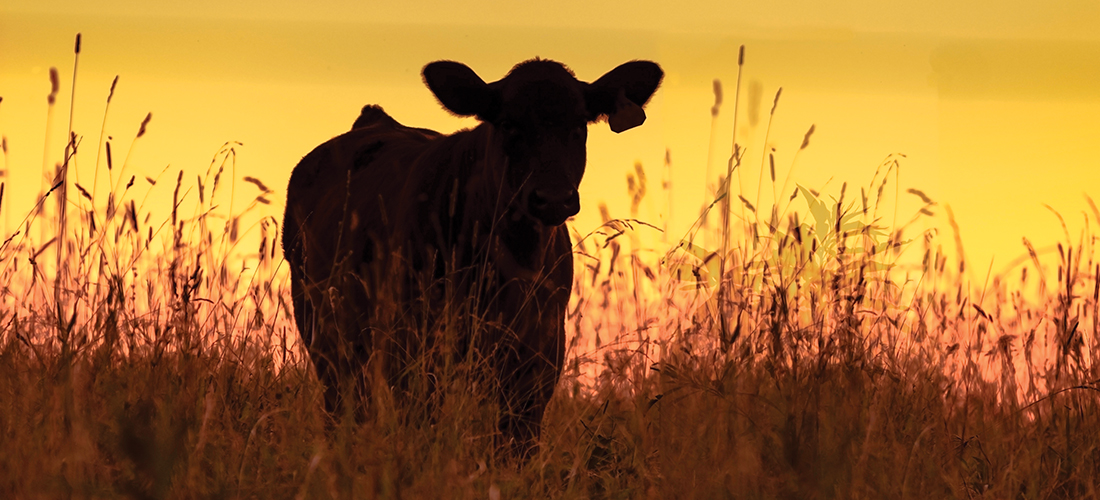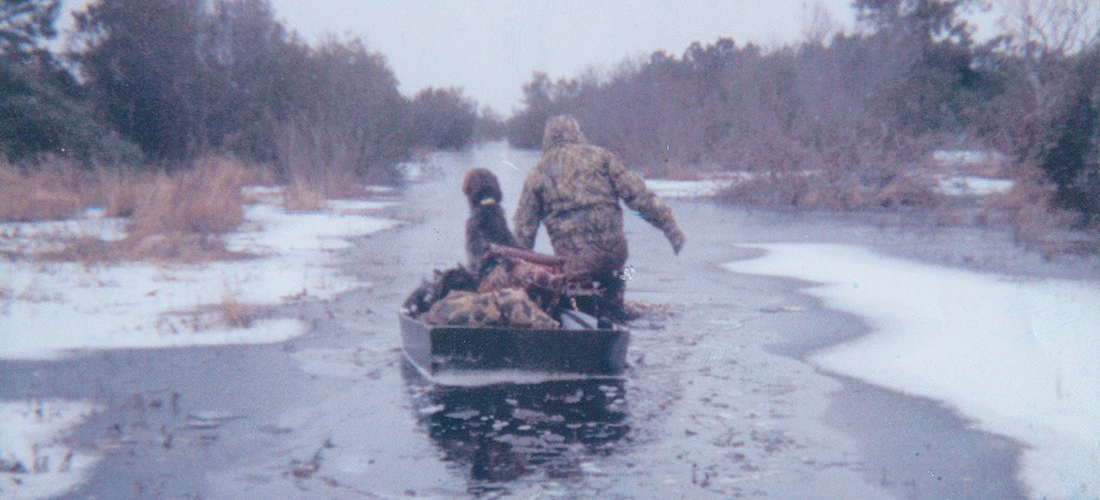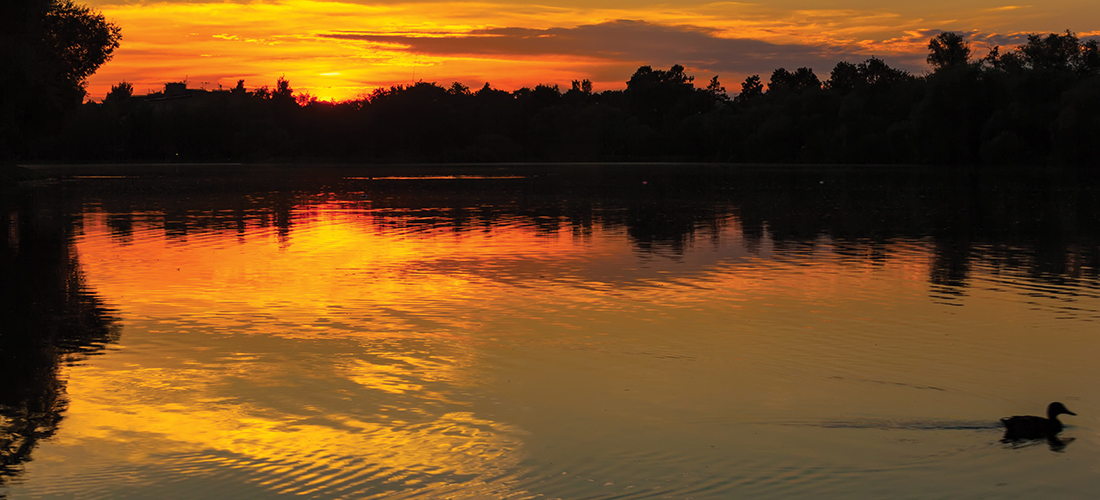Fields of Dreams
Remembering conversations with old friends
By Tom Bryant
I backed the old Bronco out of her resting place in the garage and loaded it with my hunting paraphernalia. The gear for this trip was negligible because it was just an afternoon chase, and I’ve learned after many hunting seasons to travel light. As far as that goes, most of my dove shoots over the last several years have just been an excuse to get to the woods, not much shooting involved.
The little farm I lease, ostensibly for bird hunting, is only 30 minutes from home and one of the prettiest pieces of property I’ve been on in a while. It’s about a hundred acres, maybe a little more, and used to be a tobacco farm. Two old barns are still on the property and provide a haven to escape bad weather when needed.
I pulled the Bronco into a grove of pines, shut it down, grabbed my dove stool out of the back and found a nice shady spot close to the field to set up and watch for doves. It was still hot. September always is. Not much different from August, maybe a little respite later in the day, but hot anyway.
I watched the field for a short while. I could see a few birds working toward the north end but not much on my side, where I had decided to hunt. So I wandered back to the Bronco, put the tailgate down, fetched some water from the cooler and perched on the back like my dogs and I used to do. I had two yellow Labs, not at the same time, but in different eras of my life.
My first, named Paddle, lived 14 years and hunted with me almost every time I went to the woods. She was with me in my early hunting days, the time of my life when I was still figuring out what the world was all about. She and I had many conversations sitting as I was now on the back of this vintage truck.
Mackie, my second Lab, came along right after Paddle went to her reward where birds flew aplenty and the retrieves are always successful. Mackie was different. Where Paddle could be described as laid-back, Mackie was a little uptight. It’s funny to see how dogs have different personalities, just like people. When we would pull up to a hunting area and I would let Paddle out of the truck, she would walk around slowly, stretch, wander away, do her business, come back, and look up at me as if to say, “OK, boss, let’s go do this thing.”
When I let Mackie out of the Bronco, she would hit the turf running, tearing about, nose to the ground, all business, as if birds were everywhere and she didn’t want to miss a one. Mackie was during my adjustment time when I had finally figured out that you couldn’t equate success with money. Money helped, though. It was the barometer used by just about everyone gauging achievement. As the old saying goes, “I’ve been rich and I’ve been poor. Rich is better.”
I had many wonderful conversations with each dog sitting on the tailgate of this old truck. They were amazing companions, and not a day goes by that I don’t think of them, especially on opening day of dove season.
I walked back to the stool and stood next to an old pine on the edge of the cut cornfield. Doves continued to fly on the north end, but clouds had moved and the sun was now bearing down. Birds don’t fly in this kind of heat, so I sat on the stool, leaning against the pine and remembered a hunt that my old friend Bryan and I had many years ago.
It was the first week of the season and, man, it was hot. The kind of heat where it seems you sweat more water than you can drink. Our spot on the field was right beside an overgrown drainage ditch. The crop of corn had been combined the week before, and there was plenty of food for birds. Our problem, though, no shade.
A white-hot sun so bright that it looked as if it took up the entire western sky was slowly moving to the horizon. I had backed up the Bronco so it was facing west, which gave us a sliver of shade at the back of the truck. Bryan and I were hunkered down on our stools in the minuscule shadow cast by the tailgate. The hunt looked as if it was going to be a dud, but as the sun began to drop behind the tree line, doves started flying by the hundreds. In less than 30 minutes, we both had our limit.
A far off rumble of thunder broke my reverie, and I watched as cumulus clouds built up like mountains in the western sky.
“It’s gonna storm before sundown,” I said to no one in particular. I miss my dogs, I thought. When I had Paddle and Mackie, I always had someone in the field to talk to. It seems that over the last three or four years, I’m in the woods more and more by my lonesome. My old hunting buddies are aging out, for one reason or another, health problems, other interests, whatever. Now, most days out in the countryside find me a solitary fellow.
As the thunder persisted toward the west and it seemed as if the storm might be heading my way, another memory of a long-ago dove hunt, one that could have been deadly, came to mind.
I was hunting a cornfield that abutted a small tobacco patch and was walking the dirt tractor path in between the two planted fields. The Bronco was parked at the top of a small rise, almost to the trees, about a hundred yards away. Suddenly, a dove fluttered up out of the standing tobacco, probably having gotten grit from the plowed areas for its craw to help in processing food.
I shot and it fell somewhere in the rows of plants. Paddle had died the season before, so retrieving was up to me. While all this was going on, I noticed a squall line coming over the trees right toward me, so I stepped up the pace to find the dove. I had just spotted it and was bent over to pick it up when the hair on my arms and the back of my head stood up. I dropped the shotgun to the ground and hunched over to make myself as small as I could, and BAM! A bolt of lightning hit a giant white oak in a peninsula of woods jutting out in the tobacco field not 50 yards from where I was hunkered down.
The storm was closer now, so I picked up my gear and moved to the Bronco as the first big splats of raindrops pounded on the roof of the little truck. I turned it around to get a better view of the storm coming across the cornfield. Lightning was popping here and yonder and thunder rolled across the trees.
It was a sight that never grows old: Mother Nature showing the critters, me included, who’s boss. PS
Tom Bryant, a Southern Pines resident, is a lifelong outdoorsman and PineStraw’s Sporting Life columnist.

